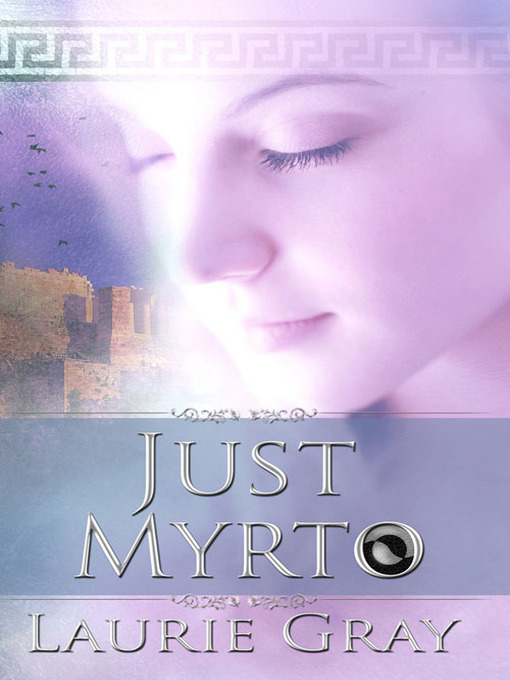
Just Myrto
کتاب های مرتبط
- اطلاعات
- نقد و بررسی
- دیدگاه کاربران
نقد و بررسی

March 15, 2014
An unusual, quiet historical novel chronicles what the life of Socrates' second wife may have been like. After her father dies, Myrto is given to her brother's former teacher, Socrates, as a second wife. As a young woman in ancient Greece, Myrto can aspire to little more than the hope for a kind husband. However, in Socrates, Myrto also finds a great mind: He encourages Myrto to think through discussion and reading with his son, Lamprocles, and their friends. On their wedding night, Socrates assures a frightened Myrto that he will never force himself on her. Myrto and Socrates eventually become lovers, but given how much time was spent on Myrto's fear of consummating her marriage, it seems strange that this is only mentioned in passing. Similarly, when Myrto becomes pregnant, she is frightened of childbirth. Even more time is spent on her overcoming this fear, but the birth itself is glanced over, which may leave readers feeling a bit thrown off. The majority of this book is an examination of Socratic philosophy, resulting in a story in which not much happens apart from incredible intellectual growth on the part of the protagonist. This rather odd tale should appeal to thinkers and fans of ancient historical fiction. (Historical fiction. 12-16)
COPYRIGHT(2014) Kirkus Reviews, ALL RIGHTS RESERVED.

April 1, 2014
Gr 9 Up-Eighteen-year-old Myrto's life has never been her own. A young woman in ancient Greece with no dowry and past her marriage prime, she must abide by the decisions of her male family members and marry whom they choose. But her fortune changes when she becomes the second wife of Socrates and discovers a man who sees her as something more. Under the tutelage of her new husband, Myrto begins to blossom, discovering her own mind and desires. With the world she knows changing rapidly, she will finally need to make her own choices on life, love, and her own destiny. This historical fiction work blends elements of what we know of the philosopher's life with an imagined emotional journey of his briefly mentioned second wife. Myrto grows as a main character but never really becomes a likable protagonist. While the first-person narrative offers an unusual perspective, it also limits readers' immersion in the world of ancient Greece. There is plenty of dialogue and interior reflection, but the minimal action will deter many. The story feels more contemporary than historical and is best suited to fans of the former.-Stephanie Whelan, New York Public Library
Copyright 2014 School Library Journal, LLC Used with permission.

























دیدگاه کاربران